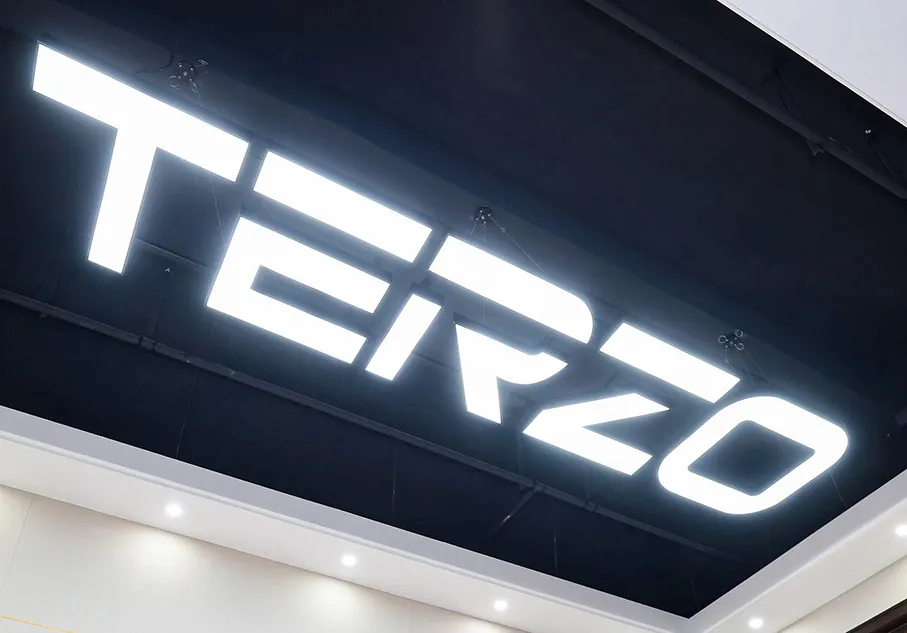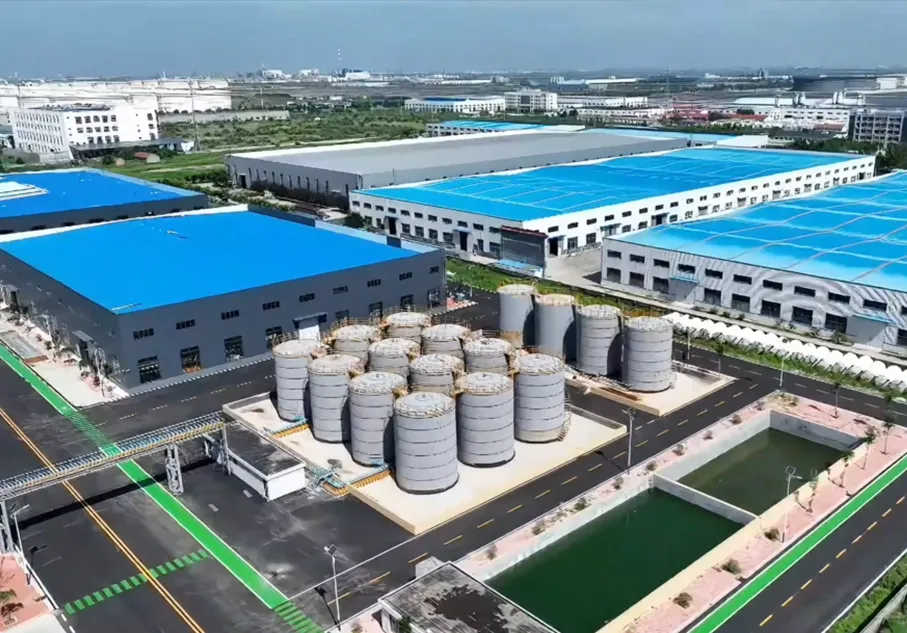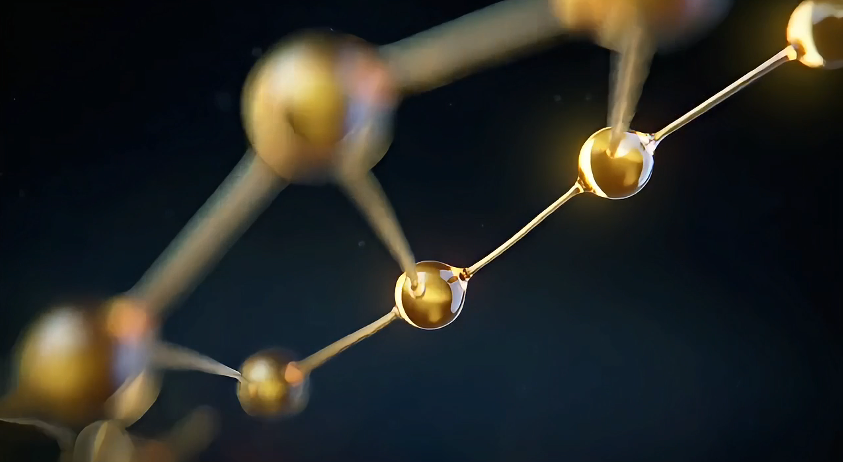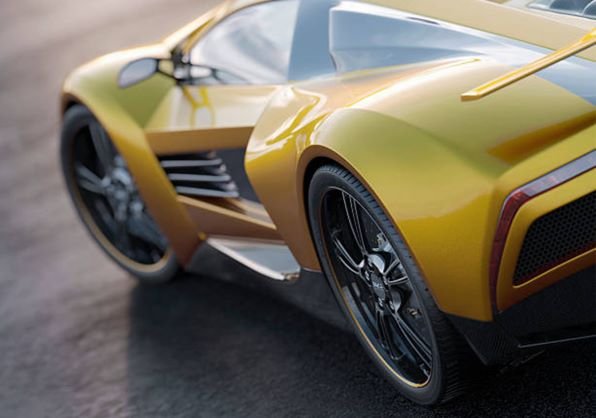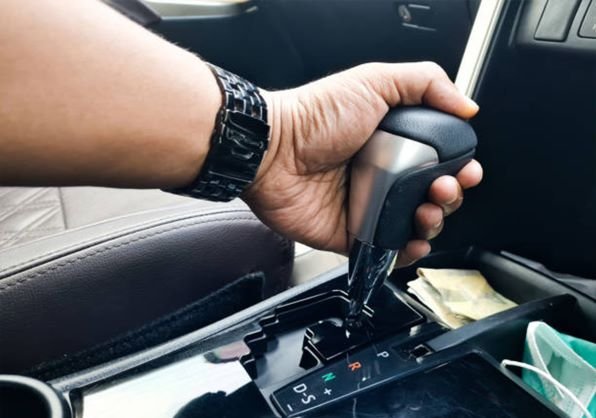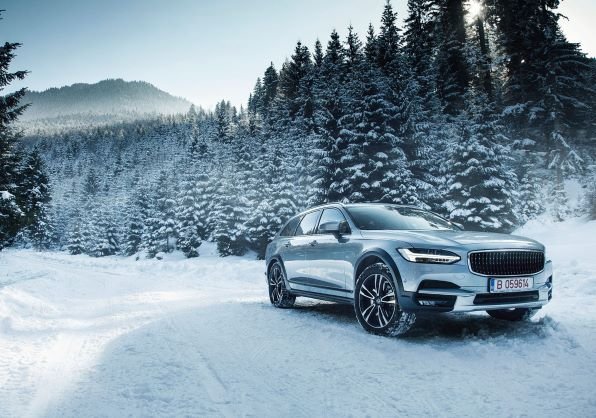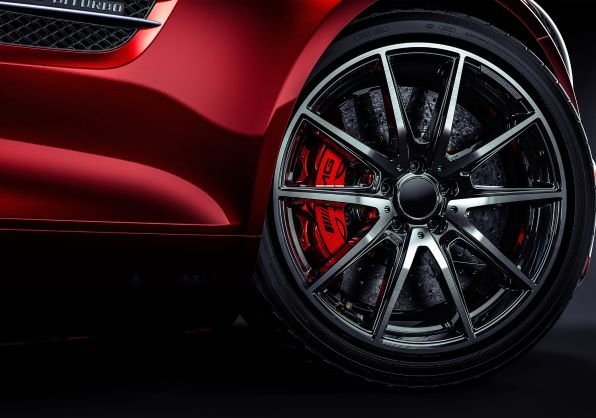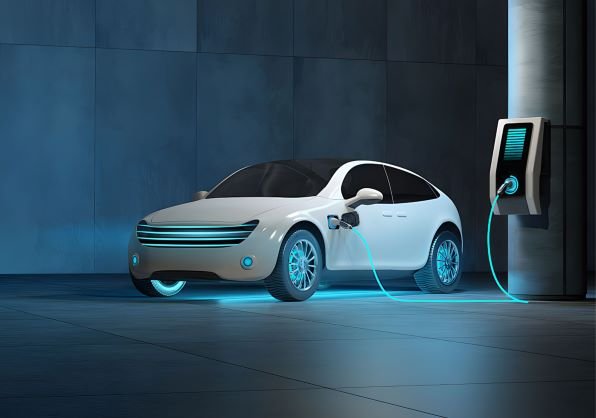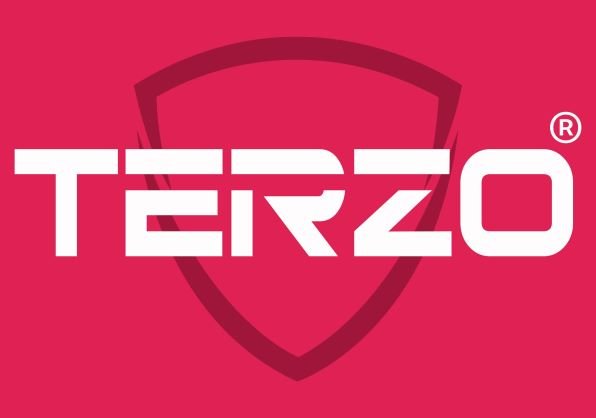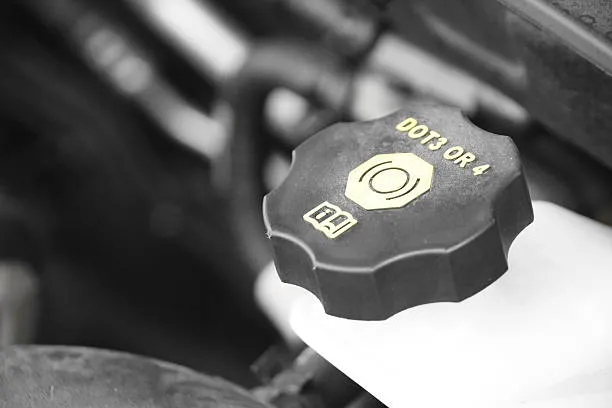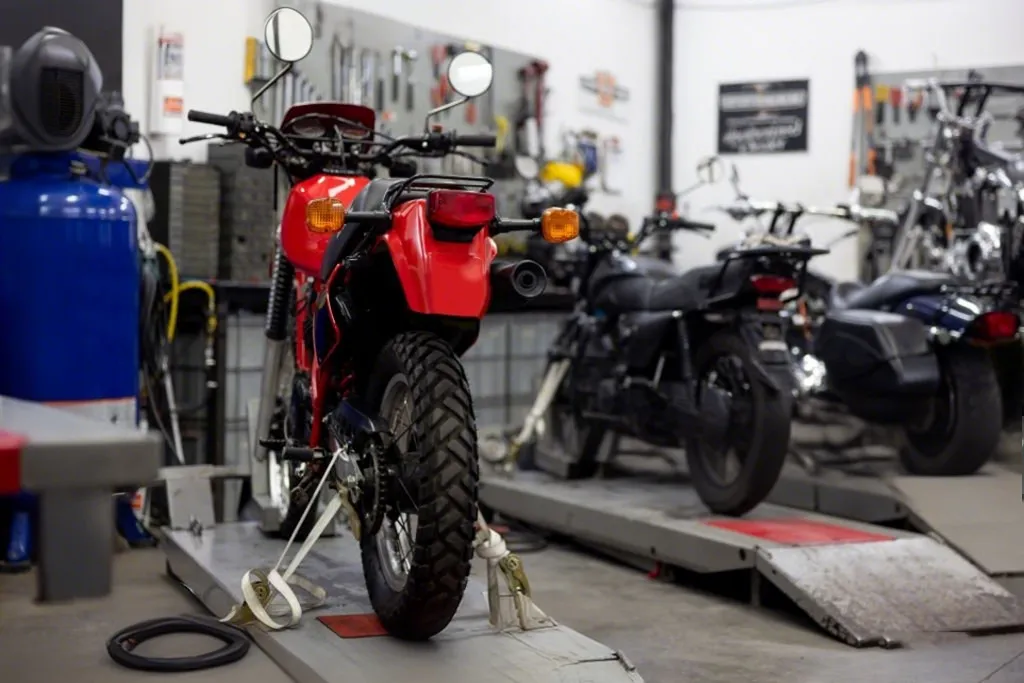You’re cruising down the highway, wind in your hair, tunes blasting, when a nagging thought hits: Does brake fluid evaporate? It’s one of those car maintenance questions that sneaks up on you, especially when you’re wondering why your brakes feel a bit… off. Brake fluid is the unsung hero of your vehicle’s braking system, transferring the force of your foot on the pedal to the wheels. But does it just vanish into thin air like some automotive ghost? Let’s dive into the nitty-gritty of 브레이크 액, why it matters, and when you should swap it out for fresh stuff.
What’s the Deal with Brake Fluid Anyway?
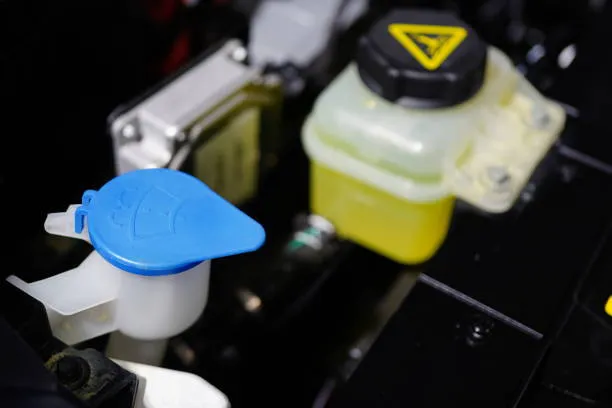
Brake fluid is a hydraulic fluid that lives in your car’s braking system, making sure the pressure you apply to the pedal gets to the brakes. It’s not just sitting there looking pretty—it’s working hard under high pressure and crazy temperatures. But here’s the kicker: 브레이크 액 is hygroscopic, meaning it loves to suck up moisture from the air. Over time, this can mess with its performance, making your brakes feel spongy or, worse, less responsive. So, while you’re wondering can brake fluid evaporate, the real question is how water and heat affect it.
What’s the Deal with Brake Fluid Anyway?

Brake fluid is a hydraulic fluid that lives in your car’s braking system, making sure the pressure you apply to the pedal gets to the brakes. It’s not just sitting there looking pretty—it’s working hard under high pressure and crazy temperatures. But here’s the kicker: 브레이크 액 is hygroscopic, meaning it loves to suck up moisture from the air. Over time, this can mess with its performance, making your brakes feel spongy or, worse, less responsive. So, while you’re wondering can brake fluid evaporate, the real question is how water and heat affect it.
Does Brake Fluid Evaporate or Not?
Let’s cut to the chase: does brake fluid evaporate? Nope, it doesn’t—at least not in the way you might think. Brake fluid, like DOT 3 or DOT 4 (common types for most cars, including your Hyundai brake fluid), is designed to stay put in a sealed system. It’s not like water in a puddle that just disappears on a sunny day. However, if there’s a leak or the reservoir cap isn’t sealed tight, you might lose some fluid, which could make it seem like it’s “evaporating.” But that’s not evaporation—that’s a problem you need to fix, pronto.
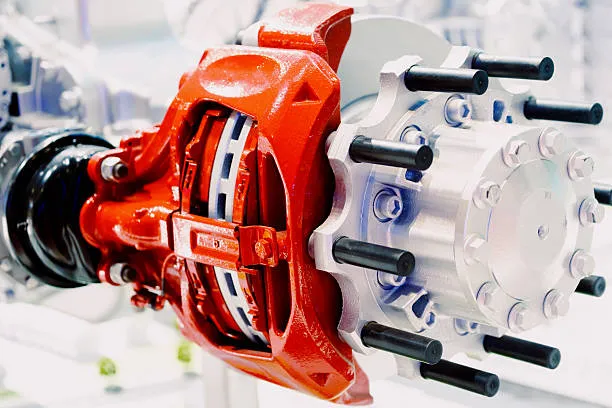
Can Brake Fluid Freeze or Boil? The Temperature Troubles
While we’re debunking myths, let’s tackle can brake fluid freeze 그리고 what happens if brake fluid boils. Brake fluid doesn’t freeze easily—its brake fluid freeze point is super low, often below -40°F for DOT 3 또는 DOT 4. So unless you’re driving in an Arctic blizzard, brake fluid freeze point isn’t something to lose sleep over. But boiling? That’s a real concern. When 브레이크 액 absorbs water, its boiling point drops. If brake fluid boils, you could lose braking power. That’s why high temperature brake fluid 같은 DOT 4 or DOT 5.1 is a game-changer for performance cars or heavy-duty driving.
For this section, a comparison chart of DOT 3, DOT 4, and DOT 5.1 boiling points would be perfect. Caption it: “Choose the right 브레이크 액 for your driving conditions.”

Why Is My Brake Fluid Green? Should I Be Worried?
Ever popped the hood and thought, why is my brake fluid green? Don’t panic—it’s not alien goo. Some brake fluids, especially those used in certain Hyundai brake fluid formulations, can have a greenish tint when fresh. Over time, though, that color might turn darker or murky as it picks up contaminants or moisture. If it’s looking more like swamp water than limeade, it’s probably time to ask, how do you know when to change brake fluid? Dark, cloudy fluid or a low level in the reservoir are big red flags.
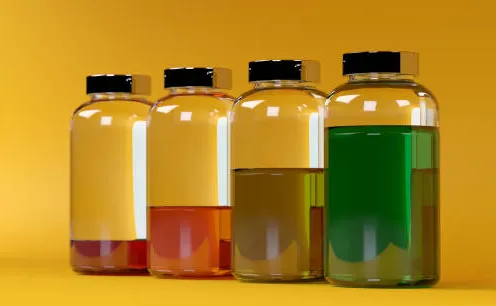
When Should You Change Your Brake Fluid?
그래서, how do you know when to change brake fluid? Most experts, including those at Hyundai brake fluid guidelines, suggest flushing and replacing it every 2-3 years or every 30,000 miles, whichever comes first. But it’s not just about mileage. If your brakes feel spongy, the pedal sinks too far, or you notice that greenish fluid looking funky, it’s time. Moisture in the fluid lowers its boiling point, which can lead to brake fluid boiling under heavy use, and nobody wants that. Regular checks—especially if you drive a lot in humid climates—can save you from costly repairs.

Don’t Ignore Your Brakes: Stay Safe on the Road
Your car’s braking system is no joke—it’s what keeps you from turning your Hyundai into an unintentional battering ram. While can brake fluid evaporate might cross your mind, the real issue is keeping it fresh and free of moisture. Regular maintenance, like checking your brakefluid and swapping it out every couple of years, ensures your brakes stay sharp. Got a weird color in the reservoir or a mushy pedal? Don’t wait—get it checked. Your car (and your nerves) will thank you.


